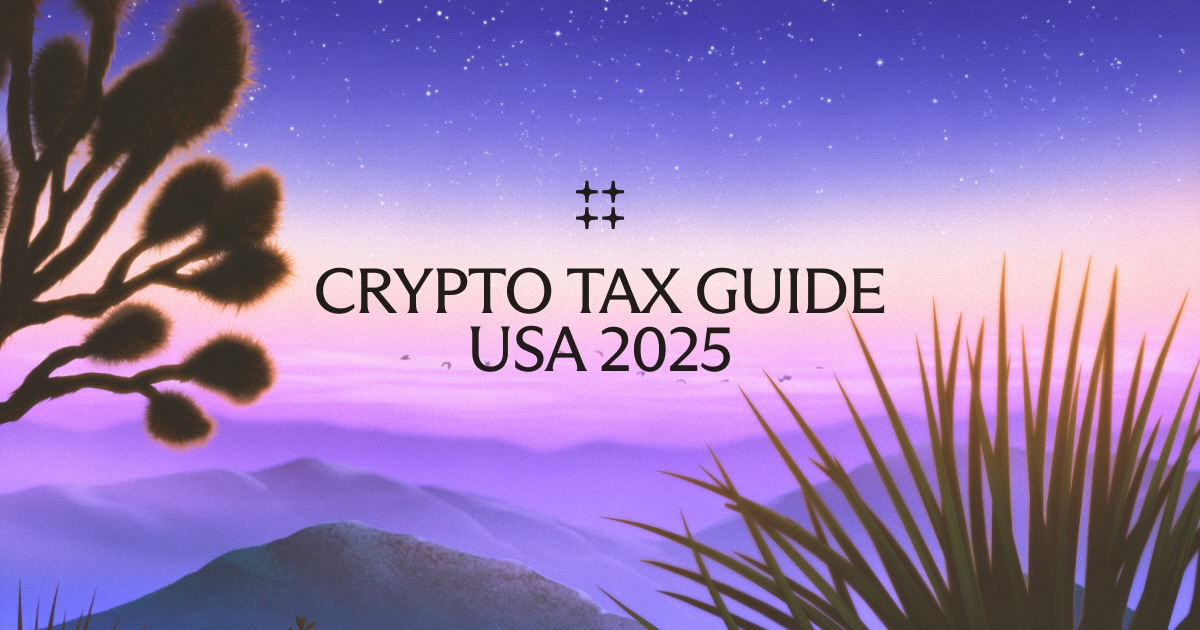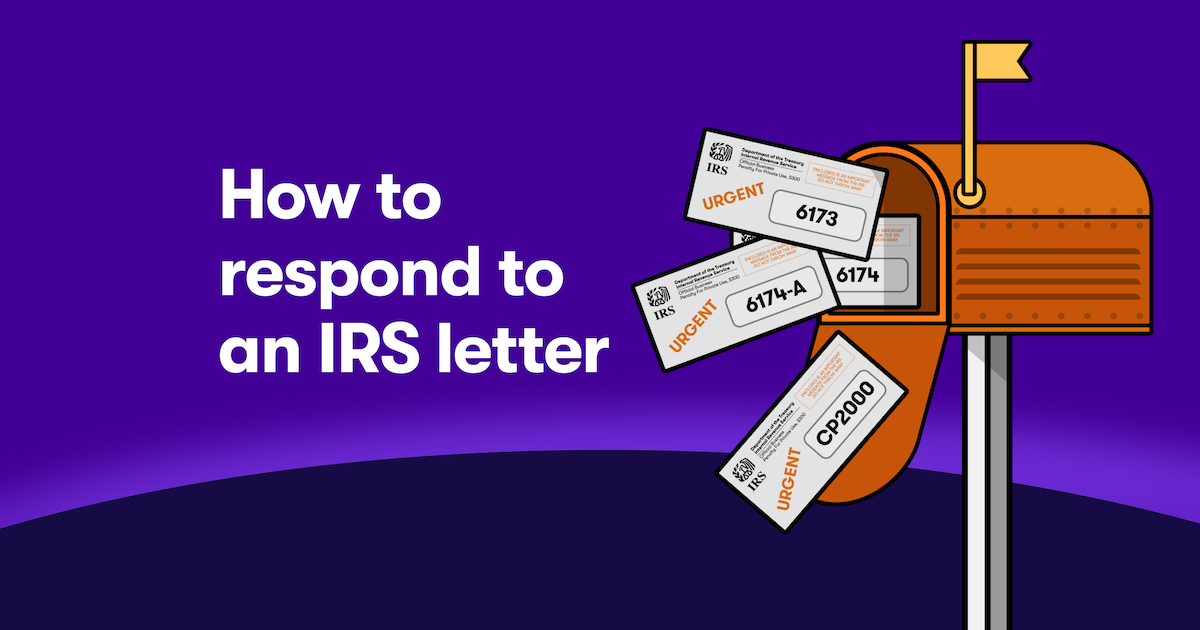New White House Report Signals Major Changes for Crypto Taxes: What Every US Investor Needs to Know
In a landmark move, the White House has released a comprehensive report, "Strengthening American Leadership in Digital Financial Technology," outlining a new federal approach to digital assets. For everyday crypto investors in the U.S., this document is more than just government jargon; it’s a roadmap to potential changes that could significantly impact how your crypto activity is taxed.
This report, authored by President Trump’s Working Group on Digital Asset Markets, signals a shift towards creating clearer rules and fostering innovation within the United States. The goal is to move away from regulatory uncertainty and establish a more defined and pro-growth environment.
A significant portion of this report is dedicated to addressing the complex and often confusing world of cryptocurrency taxation. For anyone who has ever struggled to calculate the cost basis of a DeFi transaction or wondered how to report staking rewards, this document suggests that clarity may be on the horizon.
Below, we break down everything the report says about digital asset taxation, translated into plain English to help you understand what it means for your tax returns.
Key Tax Proposals and What They Mean for You
The report's recommendations on taxation are divided into two main categories: "Priority Guidance," which are actions the Treasury and the IRS are urged to take soon, and "Legislative Recommendations," which are proposals for Congress to write into law.
Upcoming Guidance: What to Expect from the Treasury and IRS
The report calls on the Treasury and the IRS to provide clear guidance on several complex crypto tax issues that have long puzzled investors.
- De Minimis Digital Asset Receipts: Have you ever received a small amount of a new token from an airdrop or frequent, tiny staking rewards and wondered how to value and report them? The report acknowledges this is a burden. It recommends the Treasury and IRS issue guidance on these "de minimis" (very small) receipts from airdrops, staking, and hard forks, especially for individuals who are not professional miners. This could lead to rules that make tracking these minor transactions much simpler.
- Staking Rewards in Trusts: The report asks for clarity on whether a trust that holds and stakes digital assets can still be treated as a simple "grantor trust." This is important for investment funds and could simplify tax reporting for investors in such products.
- "Wrapping" Tokens: The process of "wrapping" a token, like converting Bitcoin (BTC) to Wrapped Bitcoin (WBTC) to use on the Ethereum network, currently exists in a tax gray area. The report calls for official guidance on whether wrapping and unwrapping tokens are taxable events. A clear rule here would resolve a major point of confusion for DeFi users.
- Corporate Tax Clarity (CAMT): For businesses holding crypto, the report urges guidance on how the Corporate Alternative Minimum Tax (CAMT) applies to unrealized gains and losses on digital assets.
- Updated IRS FAQs: The report recognizes that the crypto space moves fast and recommends that the IRS regularly update its "Frequently Asked Questions" page on digital assets to keep up with the latest technology and transactions.
On the Horizon: Proposed Law Changes for Digital Assets
The Working Group also proposes several new laws for Congress to consider, which could fundamentally change the tax rules for crypto.
- A New Asset Class for Tax Purposes: The report suggests that Congress should pass legislation to treat digital assets as a "new class of assets" for tax purposes. This would mean creating a unique set of tax rules for crypto, rather than trying to fit them into the existing boxes for "securities" or "commodities." This could lead to a more logical and tailored tax system for digital assets.
- Clear Tax Rules for Stablecoins: The report highlights that the tax status of stablecoins is uncertain. It recommends legislation to characterize payment stablecoins for tax purposes, noting that treating them as "debt" seems most appropriate. The proposal also suggests that rules should be designed to avoid impeding the use of stablecoins as a cash equivalent. This could mean that using stablecoins for payments might not trigger the same capital gains tax as selling other cryptos.
- The Wash Sale Rule for Crypto: Currently, the "wash sale" rule—which prevents investors from selling a security at a loss and immediately buying it back to claim a tax deduction—does not apply to crypto. The report recommends amending the law to add digital assets to the list of assets subject to this rule. If passed, this would end a popular tax-loss harvesting strategy for crypto investors.
- Tax-Free Crypto Lending: The report proposes that Section 1058 of the tax code, which allows for the tax-free lending of securities, should be amended to also apply to "actively traded fungible digital assets." This would mean that lending your crypto through a DeFi protocol or a centralized platform might not be a taxable event, which would be a major win for crypto lenders.
- Favorable Rules for Active Traders: The report suggests amending mark-to-market and trading safe harbor rules (Sections 475 and 864(b)(2) respectively) to include actively traded digital assets. These changes would provide significant benefits for U.S.-based professional crypto traders and could attract more trading activity to the country.
Changes to How You'll Report Your Crypto Activity
Beyond tax calculations, the report outlines major changes to how your crypto transactions will be reported to the IRS, aiming to increase transparency and compliance.
- Timing of Income from Mining and Staking: The report acknowledges the debate around when income from mining and staking should be taxed—at the time of receipt or at the time of sale. It recommends that the Treasury and IRS review their current guidance, opening the door for a potential change that could be more favorable to stakers and miners.
- New Rules for Crypto Exchanges (Form 1099-DA): Exchanges will soon be required to issue a new tax form, Form 1099-DA, to their customers and the IRS. The report recommends making it easier for exchanges to send this form to you electronically, which is how most crypto users interact with them anyway.
- Implementing a Global Reporting Standard (CARF): The report supports implementing the "Crypto-Asset Reporting Framework" (CARF), a global standard for tax information sharing. This means that if you use foreign exchanges, they will likely be required to report your activity to the IRS, closing a loophole that some taxpayers have used to avoid reporting.
- Tracking Your Crypto Across Exchanges (Basis Reporting): A crucial recommendation is for the Treasury and IRS to require basis information to be reported when digital assets are transferred between exchanges. This means if you buy Bitcoin on one exchange and move it to another to sell, the first exchange would have to send your cost basis information to the second. This would make tax calculations much easier for you and provide the IRS with more accurate data.
- Reporting Crypto Received by a Business: The report discusses the rule that requires businesses to report receiving over $10,000 in cash. The law was expanded to include digital assets, and the report recommends that the Treasury and IRS propose clear regulations on how this will work in practice, taking into account privacy and other concerns from the community.
What This Means for You Today
While the recommendations in this report are not yet law, they provide the clearest picture yet of the future of crypto taxation in the United States. The overall theme is a move towards clarity, legitimacy, and integration into the traditional financial system.
For the average crypto taxpayer, this means:
- Get Ready for More Reporting: Exchanges will be providing more of your transaction data to the IRS. This makes accurate and honest reporting more important than ever.
- Potential for Simpler Rules: Guidance on "de minimis" transactions and clear rules on common activities like wrapping could make DeFi and other crypto activities less of a tax headache.
- Some Tax Strategies May End: The likely application of the wash sale rule to crypto means investors will need to be more strategic about tax-loss harvesting.
This report is a call to action for regulators and lawmakers to create a modern and fair tax system for digital assets. As a crypto investor, staying informed about these developments is the first step in ensuring you are prepared for the changes to come. Keep an eye on announcements from the Treasury, the IRS, and Congress, and continue to use reliable tools to track your crypto activity.
The information provided on this website is general in nature and is not tax, accounting or legal advice. It has been prepared without taking into account your objectives, financial situation or needs. Before acting on this information, you should consider the appropriateness of the information having regard to your own objectives, financial situation and needs and seek professional advice. Summ (formerly Crypto Tax Calculator) disclaims all and any guarantees, undertakings and warranties, expressed or implied, and is not liable for any loss or damage whatsoever (including human or computer error, negligent or otherwise, or incidental or Consequential Loss or damage) arising out of, or in connection with, any use or reliance on the information or advice in this website. The user must accept sole responsibility associated with the use of the material on this site, irrespective of the purpose for which such use or results are applied. The information in this website is no substitute for specialist advice.






























































































































































.png)

.png)
.png)



.png)
.png)
